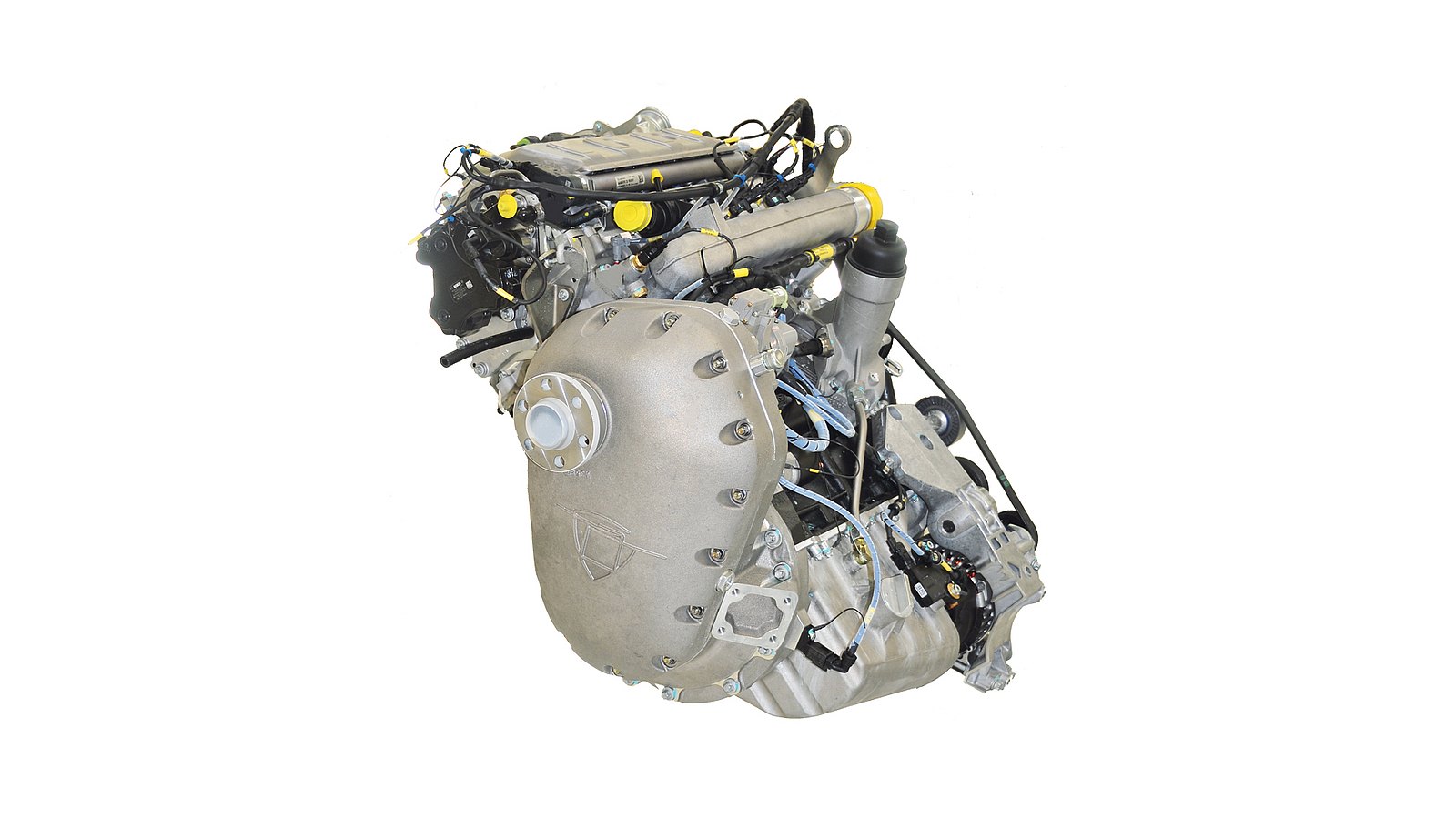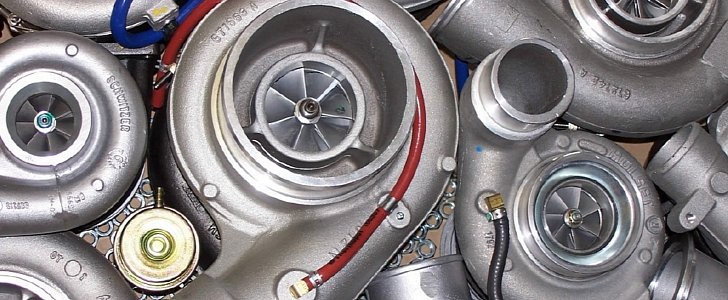Engines For Africa: Your Trusted Partner for Motor Requirements
Engines For Africa: Your Trusted Partner for Motor Requirements
Blog Article
Discover a Large Range of Engines for Every Vehicle and Purpose
The vehicle landscape is increasingly intricate, with a diverse selection of engine types designed to satisfy particular efficiency and efficiency needs across numerous vehicle groups. Additionally, sturdy engines serve the demands of work vehicles, while environment-friendly alternatives are getting traction in the quest of sustainable transportation.
Kinds of Automotive Engines
Automotive engines can be categorized right into several unique kinds, each created to meet certain performance and effectiveness requirements. One of the most typical categories consist of internal burning engines, electrical engines, and hybrid systems.

Electric engines, on the various other hand, operate electric power saved in batteries, providing immediate torque and absolutely no emissions. These engines are coming to be progressively preferred because of improvements in battery technology and the growing focus on sustainability.
Crossbreed systems integrate both inner burning and electric engines, allowing lorries to optimize fuel effectiveness and lower emissions by perfectly switching over in between power sources. Each engine type provides its advantages and negative aspects, influencing elements such as automobile layout, planned usage, and market need. When choosing the proper engine for their specific needs., understanding these differences is crucial for makers and customers alike.
Efficiency Engines for Sports Cars
Efficiency engines for sporting activities autos are especially crafted to supply improved speed, agility, and power, setting them apart from basic automotive engines. These engines frequently utilize innovative innovations such as turbocharging, supercharging, and variable valve timing to take full advantage of efficiency and responsiveness.
Typically, efficiency engines are created with higher compression ratios, which permit for higher energy removal from fuel. This results in remarkable horse power and torque figures, making it possible for quick velocity and higher full throttle. The lightweight products used in these engines, such as light weight aluminum and carbon fiber, contribute to lowered general car weight, boosting handling and maneuverability.
Engine arrangements like V6, V8, and even hybrid systems are common in performance sporting activities cars and trucks, each offering distinct advantages in terms of power shipment and driving characteristics. The tuning of these engines is likewise essential; lots of makers maximize the engine management systems to give a thrilling driving experience, often consisting of sporting activity modes that change throttle response and gear changes.
Reliable Engines for Daily Commuters
In the realm of everyday travelling, efficient engines play a critical role in enhancing gas economy and lessening emissions while providing reputable efficiency. As city populations grow and ecological problems magnify, the demand for automobiles outfitted with efficient powertrains has surged.
Modern engines created for day-to-day travelers often incorporate innovations such as turbocharging, straight gas shot, and crossbreed systems. Turbocharging boosts engine performance by forcing more air into the combustion chamber, enabling smaller, lighter engines that do not jeopardize power outcome. Straight fuel injection enhances fuel atomization, causing far better burning and raised efficiency.
Hybrid engines, incorporating interior combustion with electric power, further enhance fuel economic climate, especially in stop-and-go traffic, where conventional engines can experience ineffectiveness. Electric motors assist throughout velocity and can operate separately at low rates, lowering total gas consumption.
Furthermore, advancements in engine management systems and light-weight materials contribute significantly to reliable engine style. By concentrating on performance, longevity, and ecological sustainability, makers continue to supply engines that not just meet the needs of everyday commuting but additionally line up with worldwide initiatives to minimize carbon footprints.
Heavy-Duty Engines for Job Cars
Heavy-duty engines for job cars moved here are routinely crafted to deliver remarkable torque and integrity under demanding problems. These engines are created to perform in settings where conventional engines might falter, such as building sites, logging procedures, and agricultural settings. The key focus of sturdy engines is their capability to generate high levels of power while keeping toughness over extended periods of procedure.
Usually, sturdy engines use innovative materials and durable construction methods to hold up against the rigors of hefty work. Features such as enhanced cylinder blocks, improved air conditioning systems, and progressed fuel shot modern technologies add to their efficiency. These engines often operate at reduced RPMs, which aids to optimize fuel effectiveness while giving the required power for pulling and carrying.
Along with mechanical robustness, heavy-duty engines are typically outfitted with sophisticated electronic control systems (ECUs) that handle efficiency, exhausts, and diagnostics. This assimilation permits for better monitoring and maintenance, making sure that job lorries remain operational and effective.
Eventually, durable engines are a crucial part in the productivity of various industries, providing the necessary power and reliability to deal with the most difficult of jobs.
Eco-Friendly Engine Options
The growing emphasis on sustainability has resulted in the growth of environment-friendly engine alternatives that prioritize minimized discharges and enhanced fuel efficiency. These engines are made to decrease the ecological effect of cars while still delivering the performance and integrity anticipated by consumers.
Among one of the most remarkable green choices are hybrid and electrical engines. Crossbreed engines integrate conventional internal burning engines with electric propulsion, permitting lowered gas consumption and reduced greenhouse gas discharges. Electric engines, on the other hand, run completely on battery power, producing zero tailpipe emissions and adding to cleaner air high quality.
Another encouraging development is the innovation of biofuel engines, which use eco-friendly resources, such as plant products, to power cars (Engines For Africa). By find out here utilizing biofuels, these engines can decrease dependence on nonrenewable fuel sources and lower total carbon footprints

As the auto industry advances, environment-friendly engine options will certainly play a critical duty in driving the shift in the direction of more lasting transportation options.
Conclusion
From high-performance engines that improve sporting activities auto capacities to efficient models prioritizing fuel economic climate for everyday travelers, each kind offers a certain feature. Sturdy engines provide to durable job lorries, while eco-friendly options, such as electrical and biofuel engines, advertise sustainable transport.

Report this page